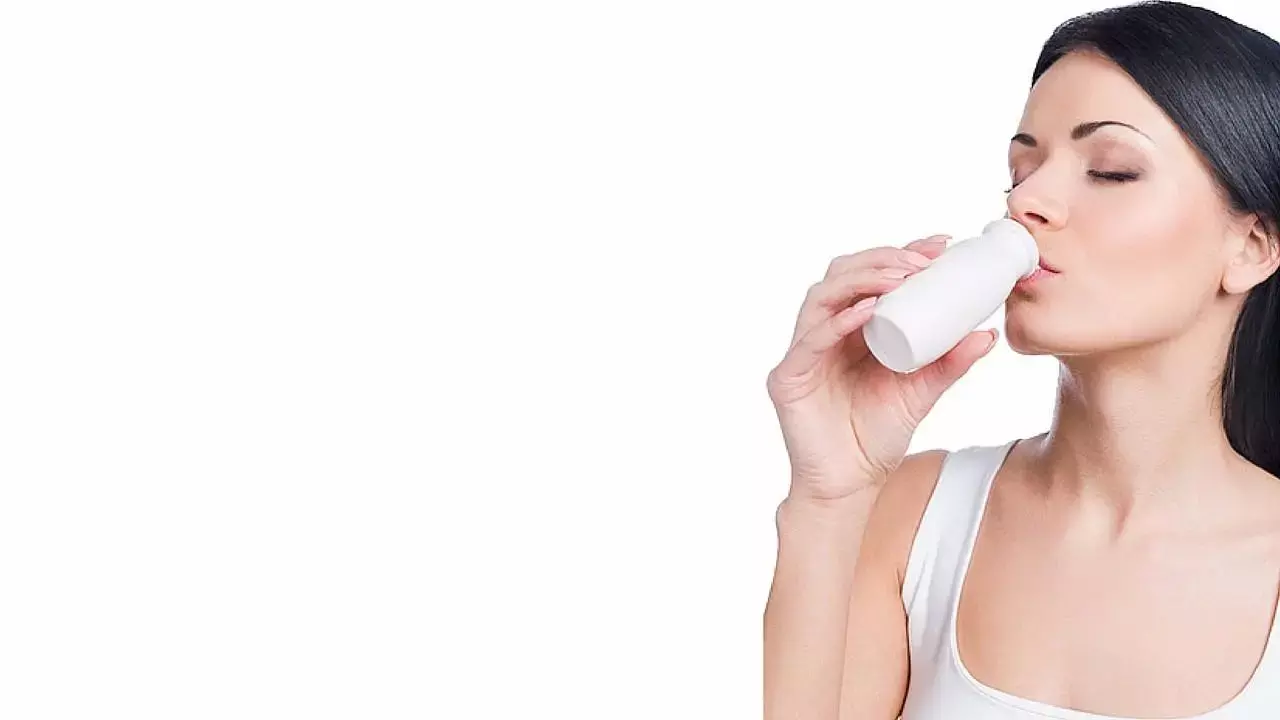- Home
- Medical news & Guidelines
- Anesthesiology
- Cardiology and CTVS
- Critical Care
- Dentistry
- Dermatology
- Diabetes and Endocrinology
- ENT
- Gastroenterology
- Medicine
- Nephrology
- Neurology
- Obstretics-Gynaecology
- Oncology
- Ophthalmology
- Orthopaedics
- Pediatrics-Neonatology
- Psychiatry
- Pulmonology
- Radiology
- Surgery
- Urology
- Laboratory Medicine
- Diet
- Nursing
- Paramedical
- Physiotherapy
- Health news
- Fact Check
- Bone Health Fact Check
- Brain Health Fact Check
- Cancer Related Fact Check
- Child Care Fact Check
- Dental and oral health fact check
- Diabetes and metabolic health fact check
- Diet and Nutrition Fact Check
- Eye and ENT Care Fact Check
- Fitness fact check
- Gut health fact check
- Heart health fact check
- Kidney health fact check
- Medical education fact check
- Men's health fact check
- Respiratory fact check
- Skin and hair care fact check
- Vaccine and Immunization fact check
- Women's health fact check
- AYUSH
- State News
- Andaman and Nicobar Islands
- Andhra Pradesh
- Arunachal Pradesh
- Assam
- Bihar
- Chandigarh
- Chattisgarh
- Dadra and Nagar Haveli
- Daman and Diu
- Delhi
- Goa
- Gujarat
- Haryana
- Himachal Pradesh
- Jammu & Kashmir
- Jharkhand
- Karnataka
- Kerala
- Ladakh
- Lakshadweep
- Madhya Pradesh
- Maharashtra
- Manipur
- Meghalaya
- Mizoram
- Nagaland
- Odisha
- Puducherry
- Punjab
- Rajasthan
- Sikkim
- Tamil Nadu
- Telangana
- Tripura
- Uttar Pradesh
- Uttrakhand
- West Bengal
- Medical Education
- Industry
Probiotics Increase Antioxidant Level in saliva, minimize cellular damage: Study

The role of oxidative stress in the pathophysiology of various diseases has already been established. Antioxidants act as a free radical scavenger and prevent damage to the cell, at the same time affects the metabolism of several pathogenic microbes. In a recent study, researchers have found that probiotics effectively increase antioxidant levels thus minimizing cellular damage. The study findings were published in the Journal of Otolaryngology-ENT Research.
With the increasing incidence of antibiotic resistance, alternative therapeutic treatment options are coming into the picture. WHO claims probiotics to be the next most important immune defence system following antibiotic resistance. Even though there are several studies emphases the positive outcome of probiotics on diseases, their exact mechanism of action remains debatable. Therefore, researcher of the Nitte deemed to be university, India, conducted a study to evaluate the effect of probiotics on the total salivary antioxidant level and physical properties of saliva along with its effect on salivary pH and buffering capacity.
The researchers collected unstimulated saliva from 10 individuals were analyzed for total antioxidant level, pH and buffering capacity using a spectrophotometer, pH paper and buffering strips respectively, before and after probiotic intake for 2 weeks. Subjects were then provided with a probiotic drink (Yakult) with one drink per day for a period of 2 weeks. They used paired t-test to analyze the differences between variables.
Upon analysis, the researchers found a significant association between probiotic intake and salivary antioxidant levels.
They noted that probiotic intake led to an increase in total salivary antioxidant level with no significant changes in pH and buffering capacity.
The authors concluded," Probiotics are effective in increasing antioxidant level thereby minimizing cellular damage and hence can be used for prevention of several diseases. Also, increase in antioxidant level can be easily assessed in saliva thus, saliva can be used as a routine diagnostic tool."
For further information:
Medical Dialogues Bureau consists of a team of passionate medical/scientific writers, led by doctors and healthcare researchers. Our team efforts to bring you updated and timely news about the important happenings of the medical and healthcare sector. Our editorial team can be reached at editorial@medicaldialogues.in.
Dr Kamal Kant Kohli-MBBS, DTCD- a chest specialist with more than 30 years of practice and a flair for writing clinical articles, Dr Kamal Kant Kohli joined Medical Dialogues as a Chief Editor of Medical News. Besides writing articles, as an editor, he proofreads and verifies all the medical content published on Medical Dialogues including those coming from journals, studies,medical conferences,guidelines etc. Email: drkohli@medicaldialogues.in. Contact no. 011-43720751


